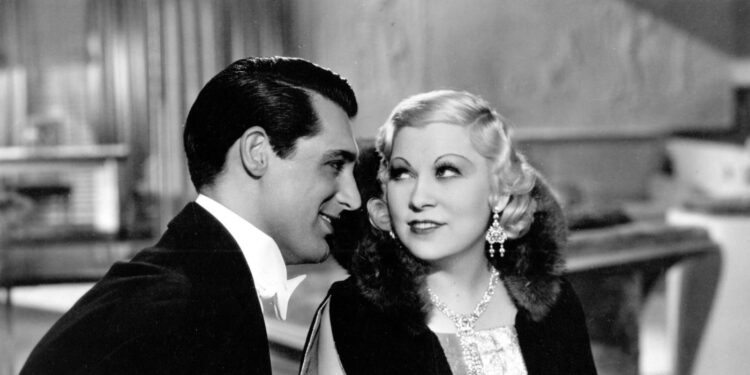Sex and entertainment go hand and hand in this generation. However, has it been pushed beyond its limits? The latest controversy surrounding sex is Max’s The Idol featuring Lily-Rose Depp and The Weeknd. The show has been lambasted for its graphic and nasty sex scenes. But the cast has fought back, proclaiming the importance of these moments.
One statement sticks out the best in regard to the numerous sex scenes in the series. Lily-Rose Depp told Vogue Australia that, “I think we live in a highly sexualized world. I think that’s an interesting thing to explore.” Despite the controversy sex gets in film or television, the heat usually dies down, and the world moves on with their lives. However, is graphic and provocative sex in films necessary in today’s landscape?
The History Of Sex In Hollywood

The landscape in Hollywood was vastly different from 55 years ago. Below were the actual rules when it came to sex in films or showcasing any type of love onscreen:
- Nudity, even in silhouette, was banned.
- Showing or talking about divorce or adultery in an attractive light was banned.
- Kisses couldn’t be “lustful.” They couldn’t last more than three seconds.
- Lovers weren’t allowed to be horizontal. One partner had to keep one foot on the floor at all times.
- Beds were not allowed to accommodate more than one person.
- Even actors portraying married couples had to be shown sleeping in separate beds.
The Production Code was changed mostly due to one film — I’m No Angel. This was during a time when Hollywood was bold and extremely risky with their entertainment. Not surprisingly, the church protested the morality of these moments that displayed sexual behavior and violence. The industry opted to play it safe due to all the backlash and scandals that took place around this time.
What eventually became the Hays Code slowly disappeared around the late 60s. That’s because the landscape changed once again due to foreign films and controversial directors. Still, though the laws of filmmaking loosen in terms of sex and nudity, the modern age is the true definition of when it became gratuitous.
Sex In Films Should Be Used For Storytelling Purposes Only

Let’s be honest; sex sells. If that weren’t the case, then films like 50 Shades of Grey or 365 Days wouldn’t be so popular. Still, that doesn’t mean that showcasing copious amounts of sex in films is necessary. Game of Thrones was notorious for this doing the early days of the series, though most of the sex scenes felt like they had meaning in purpose.
With each season, less sex was showcased in the series because it wasn’t vital to the plot. Could you have made Game of Thrones without the sex scenes? Yes. Implying that sex happened can be just as strong as showcasing it. Oftentimes, it can help advance the plot because there’s an air of mystery behind it. But, the sex scenes helped define the culture of Game of Thrones, and more often than not, it was the selling point of the series itself.
Lily-Depp Rose Is Right

We do live in a highly sexualized world. It’s in nearly every media aspect, from movies to television and music. Only fans and pornography are as popular as it ever was! But a graphic and nasty display of sex is simply unnecessary in this entertainment form. In fact, this is quite harmful in general. But normalized sex and treating it as something that’s more valuable than a loving and long-term relationship, people are truly losing sight of what’s important about love and relationships in general.
Hook-up culture has normalized cheating, and being a virgin is often villainized in the mainstream. This is a more complex topic than this article will cover. Movies don’t need graphic sex to tell a great story. Films like Casablanca, Gone with the Wind, Citizen Kane, The Shawshank Redemption, and Goodfellas are just a small list of incredible films that don’t display graphic sex scenes.
If sex scenes went back to being censored again, then it wouldn’t affect the quality of films or television across the board. Sex doesn’t make the story. Even if the subject itself is the subject of sex, then that statement still holds true. That’s because writers can’t simply put hours and hours of sex scene upon scene and call it a film or show. That’s pornography. Graphic sex just isn’t necessary for television or films, and it would be great if the media and creators stop pretending that it’s vital in their products.
 Follow Us
Follow Us





